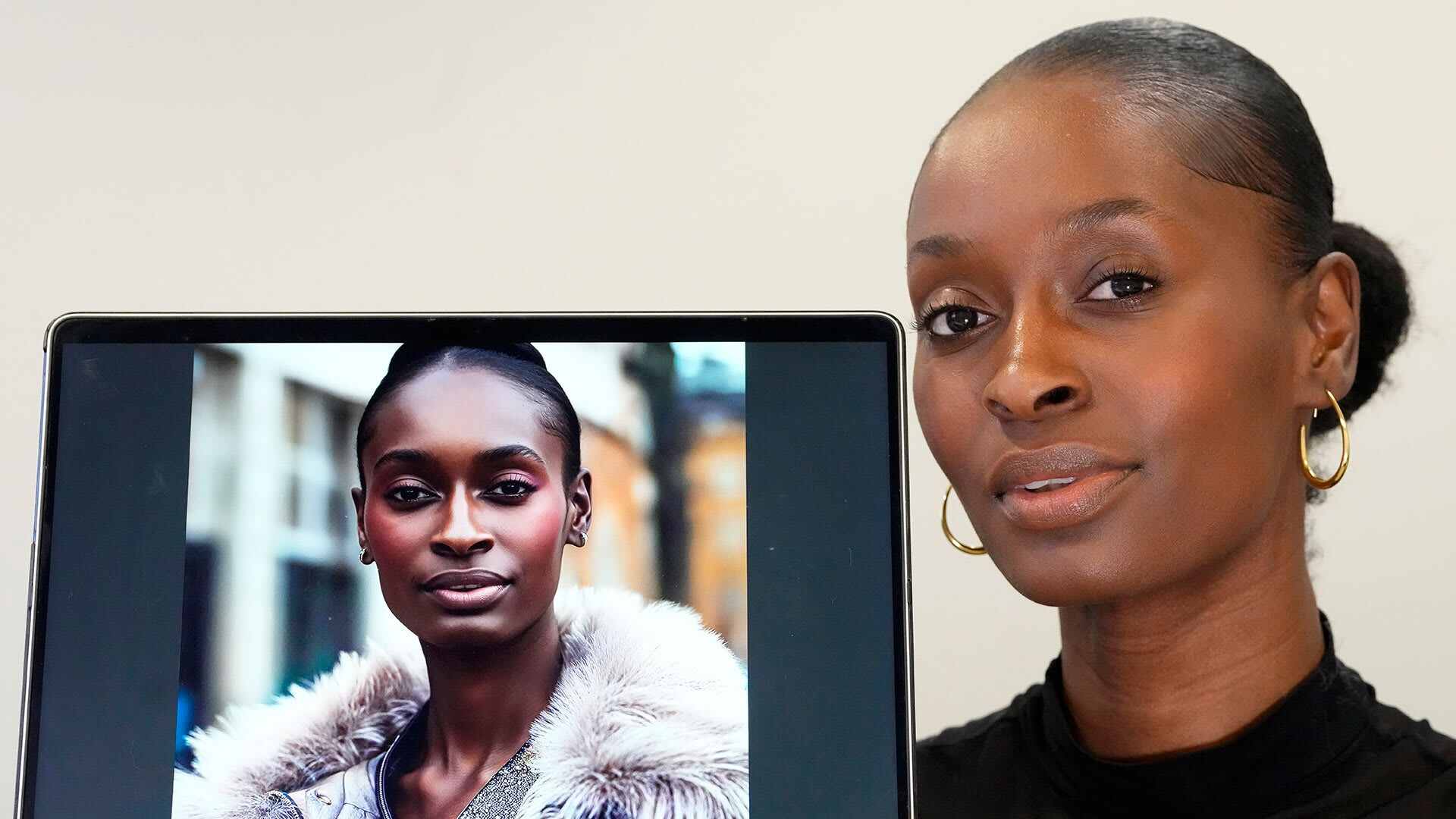- | 8:00 am
Google calls out Apple for its biggest design sin
Why won’t Apple help its own users text message people on Android phones? Marketshare. And even Apple has admitted this.

Google has had enough of its green bubbles and blurry photos appearing on Apple’s Message app.
This week, the company launched a full communications offensive to highlight how Apple Messages—constructed to be poorly compatible with other chat apps—hurts the interest everyone. Google is arguing that the Cupertino company needs to add support for the universal Rich Communications Service (RCS) standard to Messages. No doubt, Google is mounting this campaign to anger consumers, and to woo regulators to force Apple to adopt this open communications protocol.
But you know what? Google is right.
WHAT IS RCS?
RCS is an open communications multimedia chat protocol built to replace SMS, the obsolete texting method that we have been using since the 90s. It basically offers what Apple Messages and the rest of the chat apps do: unlimited rich text, high quality images and video, and read receipts. But unlike Messages, which is closed to anyone but Apple users, RCS is part of the Internet Protocol Multimedia subsystem, That means it is supported internationally by carriers and Google, and Apple could, if it wanted, add RCS support to Messages and turn all those green bubbles blue with no serious technical difficulties.
Google’s site makes a good case for wide RCS adoption and exposes many points in favor, albeit not new ones. Right now, if you have to communicate between Android and iPhone, you are ostensibly forced to use a third-party app like WhatsApp or Facebook Messenger. Otherwise you will be limited to share mail stamp-sized videos and pixelated Seurat paintings that pretend to be photos. There’s also no read receipts, no Wi-Fi messaging, and no way to escape family chat groups when crazy uncle Jack starts talking about how the 2020 election got stolen.
Even the legibility of the conversation suffers, Google argues, as the white typography over green bubbles of SMS is difficult to read. And the worst: your messages will all get transmitted without encryption—a stark contradiction to Apple’s “user privacy first” mantra.
PROTECTING THE CASH COW: THE IPHONE
While there’s an obvious business interest for the Mountain View company—which doesn’t seem ready to settle for its 87% global market share with Android—Google is absolutely right with its critique. Messages punishes all phone users right now just because of this lack of interoperability. Apple’s hypocritical position is not in line with user interest, but it is in line with all their strategic decisions to keep their walled garden intact. In the end, Apple rejecting RCS is bad for everyone involved except the company’s bottom line.
That claim isn’s just design or business theory at this point. As revealed in internal conversations presented in a court filing as part of the Epic Games’ lawsuit against the Cupertino company, Apple’s top brass admitted they need Messages to remain an iPhone-only experience to drive adoption and lock people in Apple’s walled garden. “iMessage on Android would simply serve to remove an obstacle to iPhone families giving their kids Android phones,” wrote Apple’s VP Software Engineering Craig Federighi in a mail chain with Eddie Cue—Senior VP Internet Software and Services —and Apple Fellow Phil Schiller.
This court filing even showed former Apple Music executive Ian Rogers complaining how he had to give up on Android and Facebook Messenger because he kept missing “a ton of messages from friends and family who all use iMessage and kept messaging [him at his old address]” changing to Facebook Messenger. “iMessage amounts to serious lock-in,” Rogers said.
Our own Mark Wilson had to abandon his Android phone because of Messages, too. And, while I live in Europe and most of my friends and family here use WhatsApp, Messages was also one of the reasons that pushed me to ditch my Xiaomi and get an iPhone 13 Mini.
APPLE HAS LONG EMBRACED ITS OWN STANDARDS
Nothing about this problem is new. It’s far fom the first time Apple has ignored open standards for their own commercial gain simultaneously damaging its users’ interests. One clear example is its obstinate refusal to abandon the Lightning Port on their main cash cow, the iPhone. The only reasonable explanation for not adopting USB-C is that it wants to keep selling their adapters and cables and racking up licensing money from third-party manufacturers, who must pay as much as $8 per connector. In fact, Tim Cook’s team spent years aggressively battling the European Union, who finally managed to pass a law that will force all manufacturers to adopt the USB-C port in all the phones being sold in their territory (including the iPhone).
In the case of the Lightning port, Apple argued that USB-C would “damage innovation.” The same innovation it denies its customers by not adopting a standard that can objectively make their communications with other human beings better. There’s also the telling story of Facetime, which Steve Jobs said he wanted to make an open industry standard. But when the iPhone turned into its own empire, it just wasn’t in Apple’s best interest to make Facetime an open standard. Only when Apple saw Zoom stealing its lunch during the pandemic did Apple react. It chose to provide a web-based solution so FaceTime users could call Android and Windows users.
To add insult to injury, the rejection of RCS also puts Apple’s user privacy—which is one of the biggest selling points and mantras of the Cupertino company—at risk. Apparently, Apple is concerned about securing your messages…unless you have to communicate with an Android user. The SMS text standard is not encrypted, which means intercepted messages can be read. RCS is encrypted by design. If Apple truly had the privacy of their users as their number one priority, it would have already adopted the new standard.
GOOGLE IS SELF-INTERESTED, BUT IT ISN’T WRONG
Of course, Google is not doing this out of the kindest of its heart and the good of humanity. Every single technology corporation out there doesn’t have the benefit of their users in their mind, but their own market goals and bottom line. Google—which has struggled badly in the chat space—could gain a lot in terms of Android users and marketshare from Apple adopting RCS.
Yet, whether it benefits Google or not, the fact is that we do need to have a common standard for messaging and start tearing down all these stupid walled gardens. We were supposed to be advancing to a technological world in which everything was easier for all of us, not one that further divided us for the interest of bean counters and shareholders. RCS works and we all should push Apple to do the right thing. This new campaign may be a step towards that goal, especially now that the European Union is looking at this very issue and can force Apple and Meta to have interoperable messaging platforms. Hopefully it will take less time than than we’ve waited for USB-C on the iPhone.
Apple declined to comment on both Google’s campaign and its position on RCS.







































